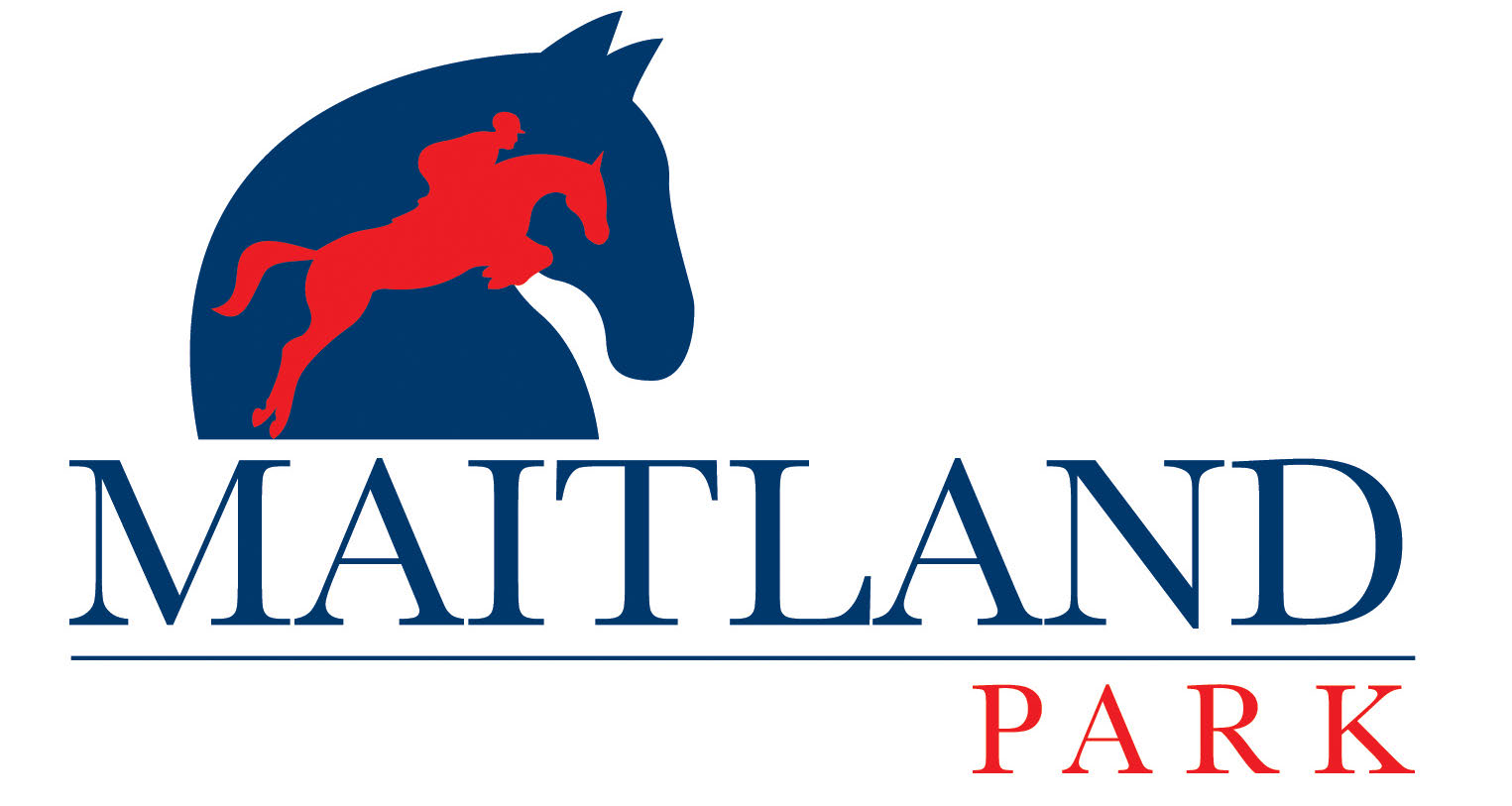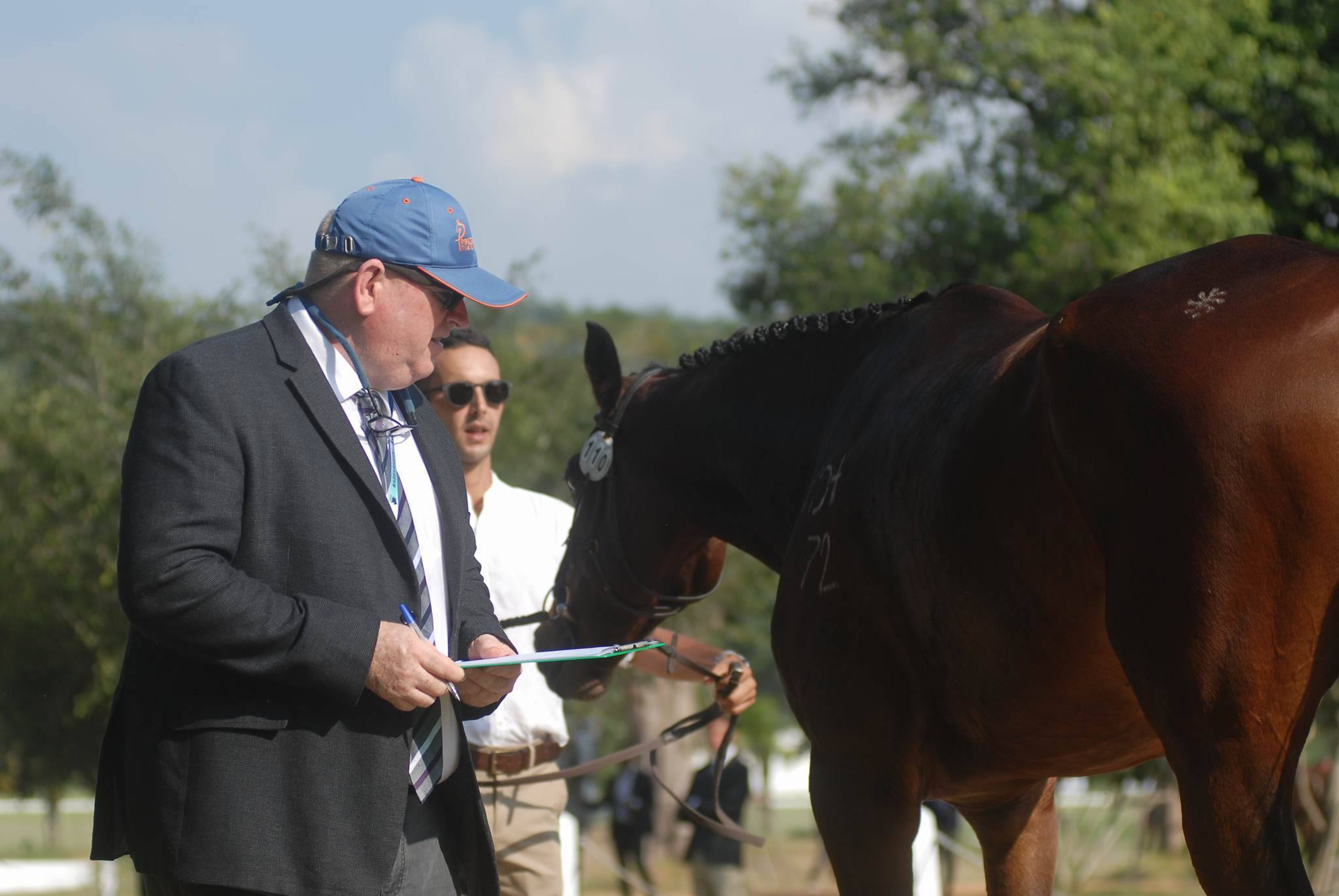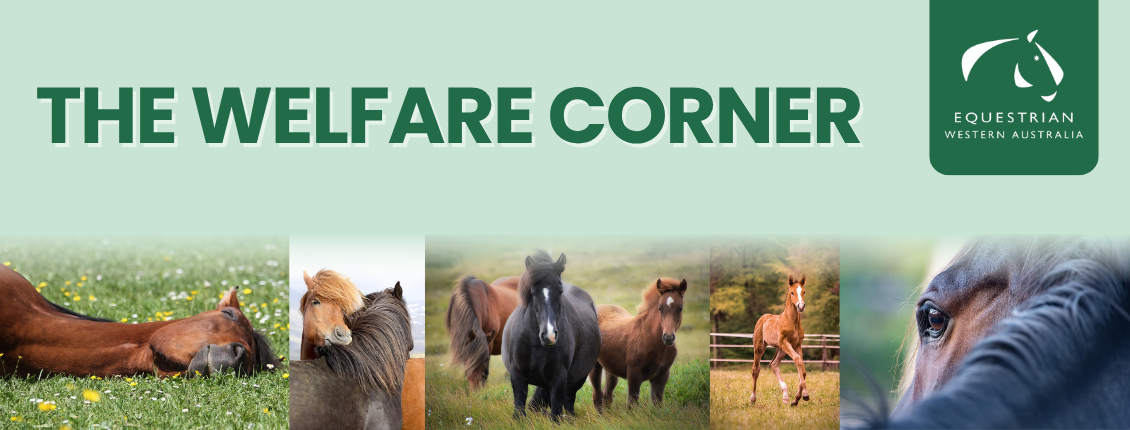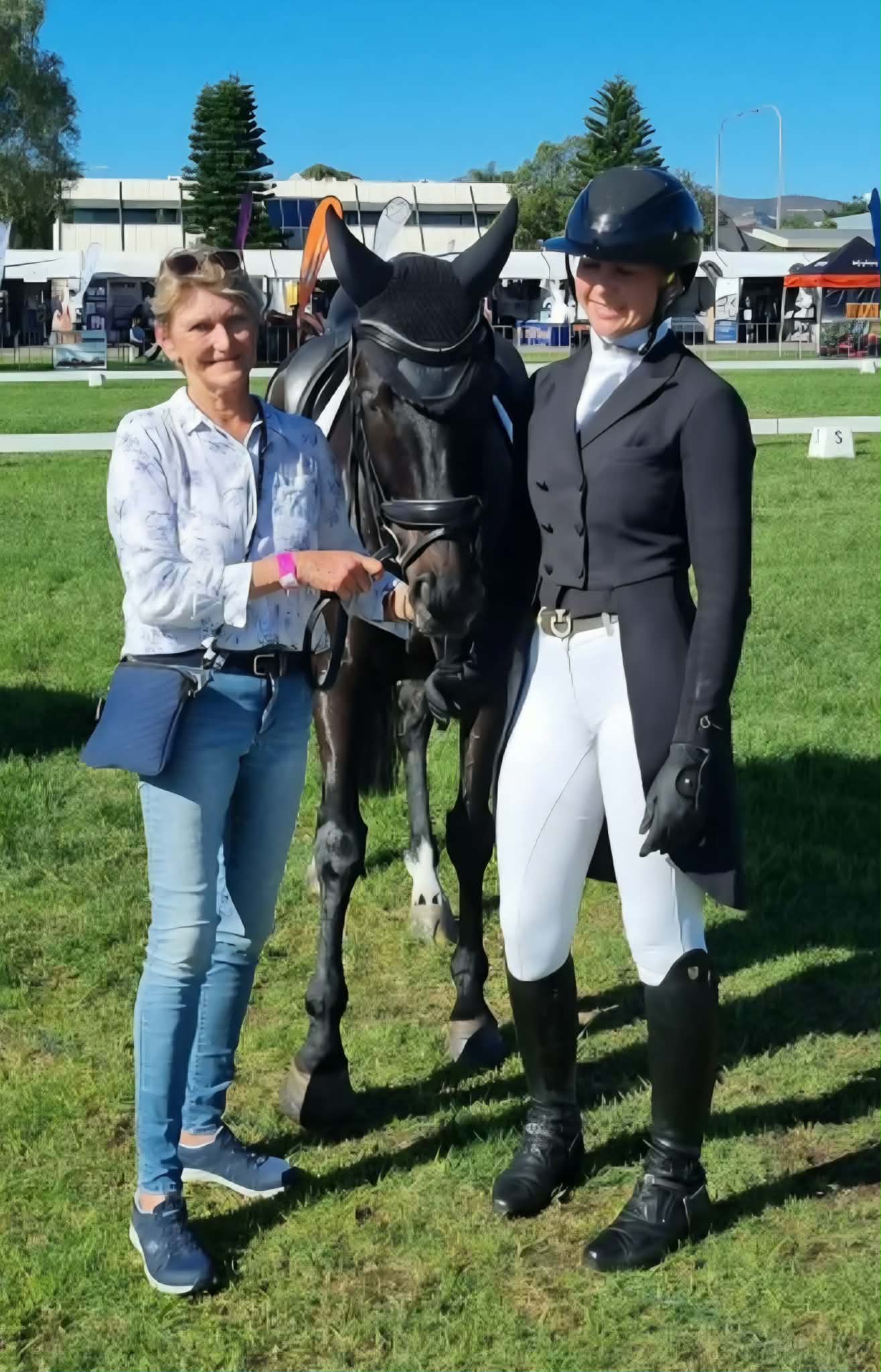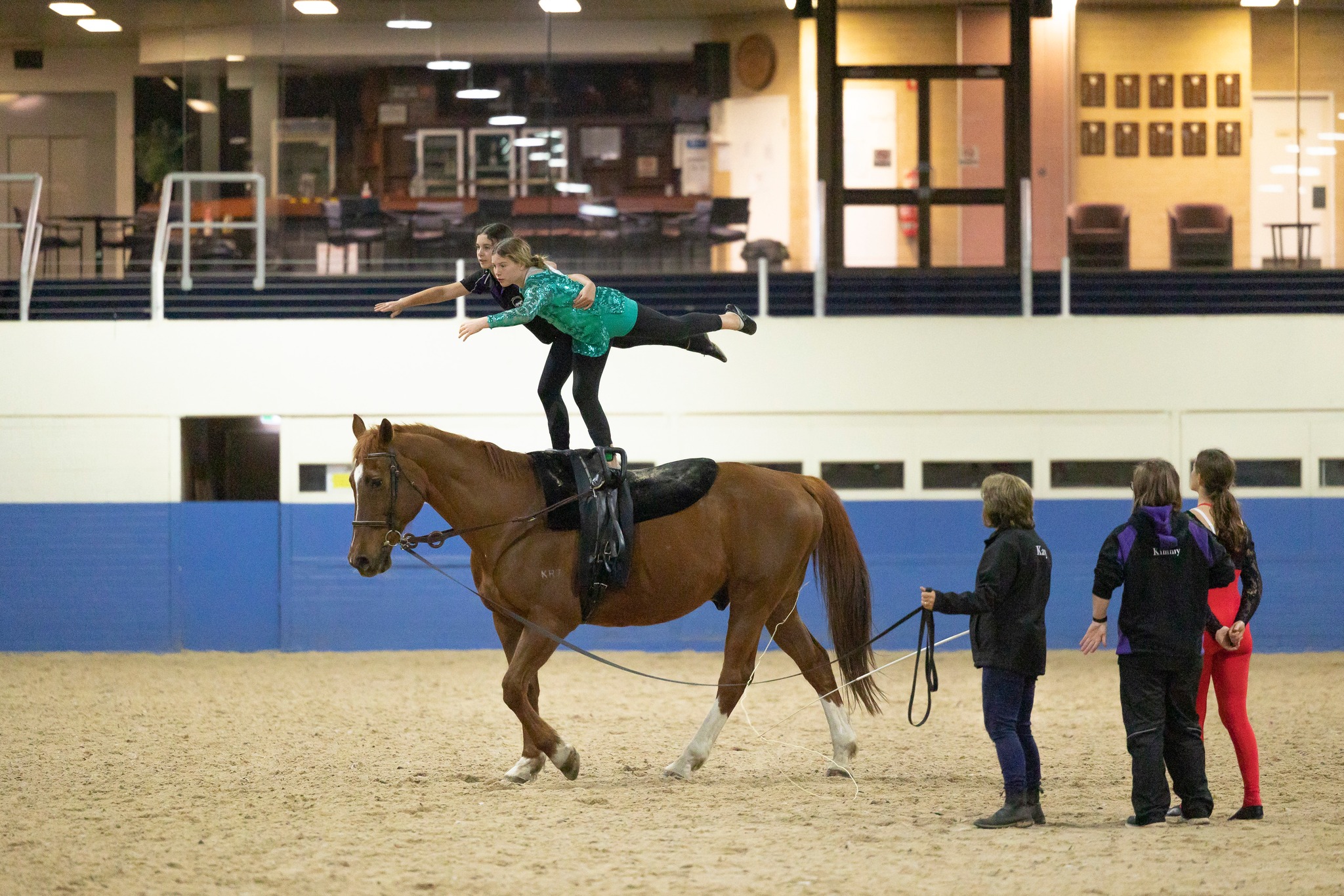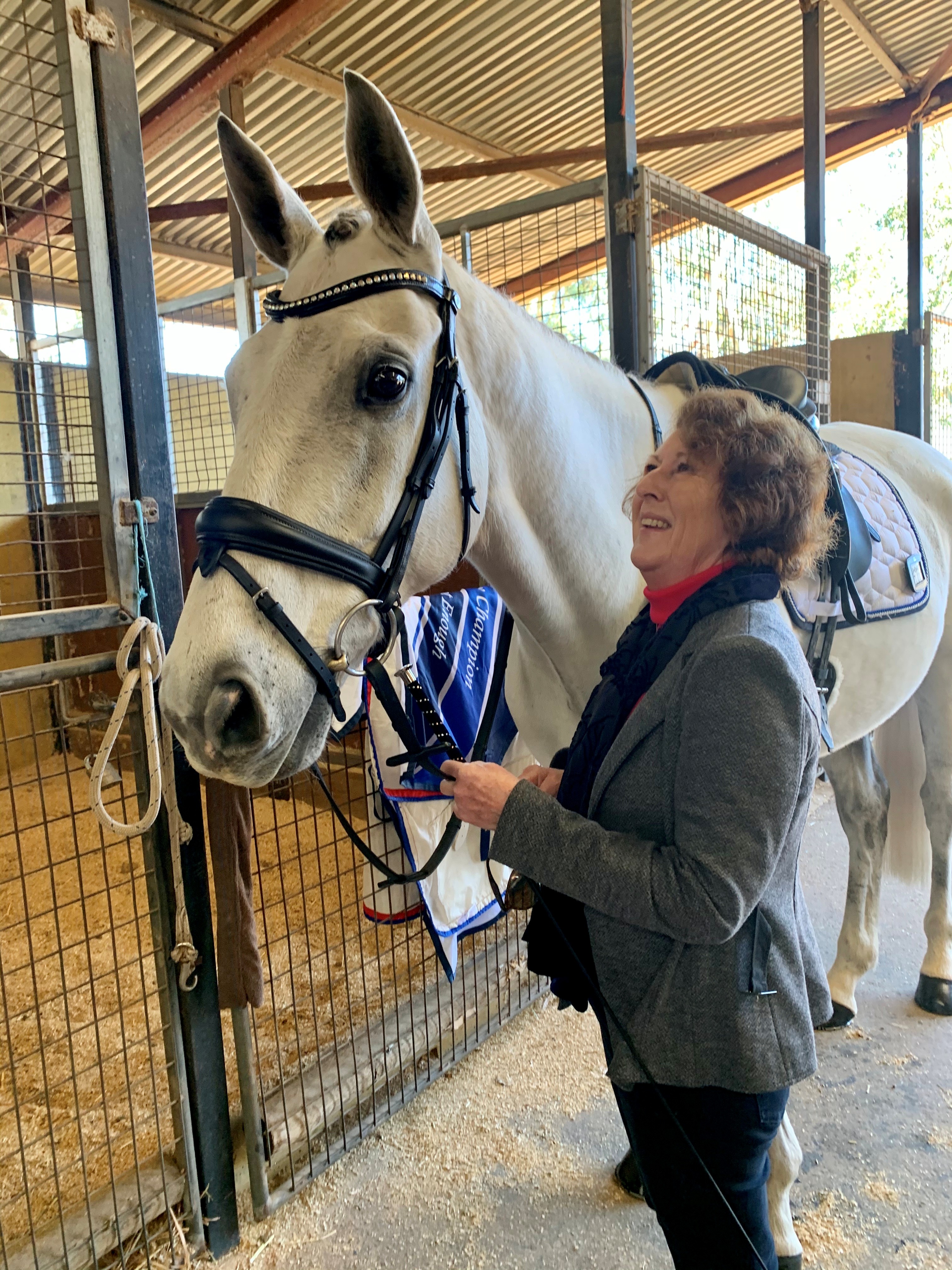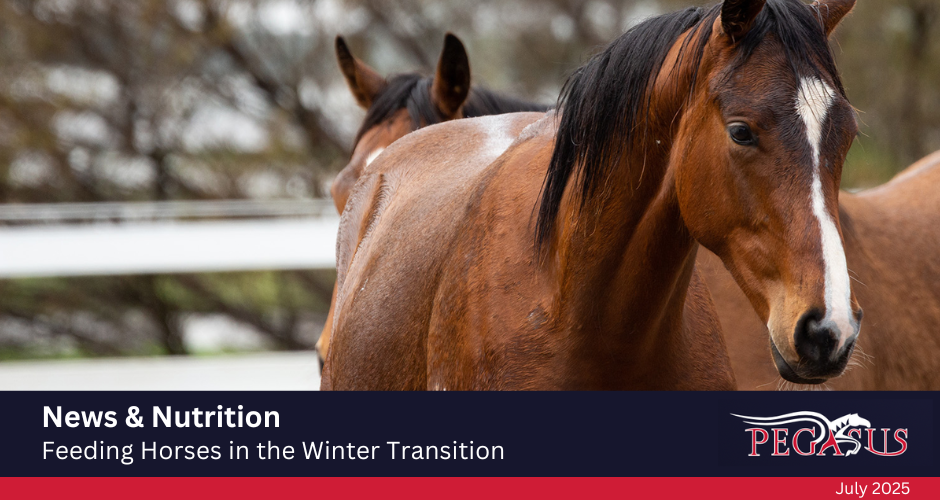
Pegasus News & Nutrition: Feeding Horses in the Winter Transition
As the colder weather sets in, horse owners may notice changes in their horses’ condition. The drop in temperature, rain and shorter daylight hours often mean adjustments need to be made to the diet to meet the horse’s energy and fibre requirements.
The horse’s energy requirements increase with colder temperatures, as energy is used to thermoregulate and keep the horse warm. If its/their feed isn’t adjusted to meet this increased energy requirement, then the horse will start to utilise fat stores for additional energy, and therefore drop condition. Fibre is of particular importance in winter as it is fermented in the hindgut to produce heat.
It is important to remember that, whilst there might be plenty of rain around and green grass growing, during these colder, wetter months the pasture may be limited in calories and dry matter. Often, winter pastures have a high water content, which means the horse needs to consume large volumes to meet their dry matter intake. Shorter daylight hours also limit pasture growth and result in reduced nutritional value. This is where dry forage, such as hay, comes in. Making sure the horse has access to additional long-stem fibre is a great way to ensure it is getting the dry matter forage they need to keep satiated and warm.
A great way to support fibre volume of intake is by making use of a fibre supplement, such as AllFibre. AllFibre is a low NSC fibre pellet that can easily be added on top of the current diet and combined with hay or other roughages. It provides additional fibre to the diet and can be soaked to make a warm mash or assist with fluid intake. Supplementing with additional concentrated calories may also be necessary. A balanced feed, such as AllHorse, Coolmax or Liberty, can make a great addition to the feeding program. These feeds are designed with low or no grain content to provide balanced nutrition without causing fizzy temperaments. They are especially useful when horses may not be getting worked as much due to inclement weather.
Making minor changes to the diet can help horses get through the winter months without dropping condition. Don’t forget, on the other hand, those ‘good-doers’ that aren’t getting as much work can put on weight quickly, so a low calorie hay/fibre based diet often suits them best. For assistance with a winter feeding plan for your horse, contact our Equine Nutrition Advisor, Michelle.


